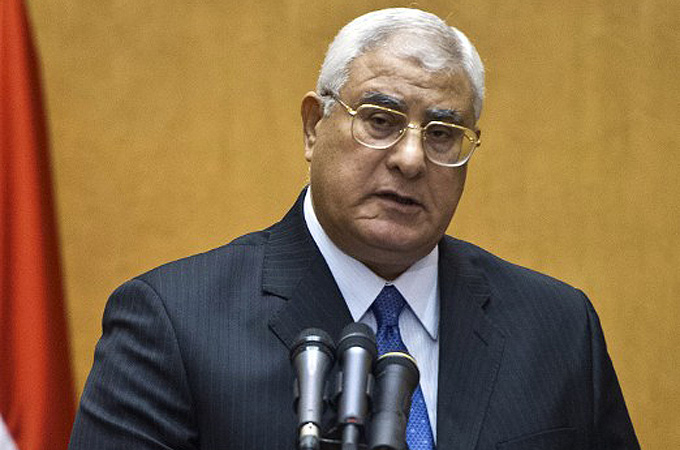PRESS RELEASE
3 July 2013 – Today, the Russian prosecutor has asked the Tverskoi court in Moscow to declare that Sergei Magnitsky was guilty and that he should be refused rehabilitation. The request was made during the last session of the trial of Sergei Magnitsky who has been deceased for three and a half years after being tortured and killed in police custody.
The prosecutor asked the court not to apply any punishment to Sergei Magnitsky, and to cease the case with the verdict of guilty and no chance of future rehabilitation.
“Magnitsky is fully incriminated, and there are no grounds for his rehabilitation,” said prosecutor according to Interfax news agency (http://www.interfax.ru/russia/txt.asp?id=316392).
“We are witnessing a Kafka show trial in real time,” said a Hermitage Capital representative.
The court will announce its decision next week, on 11 July. The presiding judge in the Tverskoi District Court in Moscow is Igor Alisov, the same judge who refused in 2011 to hear the application from Sergei Magnitsky’s mother who challenged the posthumous proceeding against her son as immoral and being contrary to the Russian Constitution. Magnitsky’s mother has since received a letter from the Constitutional Court which reiterated that the posthumous proceedings are only allowed at the relatives’ request and only for the purpose of rehabilitation. In this case, the posthumous trial was initiated by the prosecutor’s office against the will of Magnitsky’s family.
Judge Igor Alisov was also responsible in 2011 for exonerating all officials implicated by Sergei Magnitsky in the theft of Hermitage Fund’s companies and their $230 million tax payments. Instead, in a fast-track hearing in which he heard no evidence, he placed the blame for the $230 million theft on an unemployed ex convict, Mr Khlebnikov, relying exclusively on Mr Khlebnikov’s own testimony.
The posthumous trial against Sergei Magnitsky has been condemned by numerous international bodies, including Amnesty International and International Bar Association.
For further information, please see:



